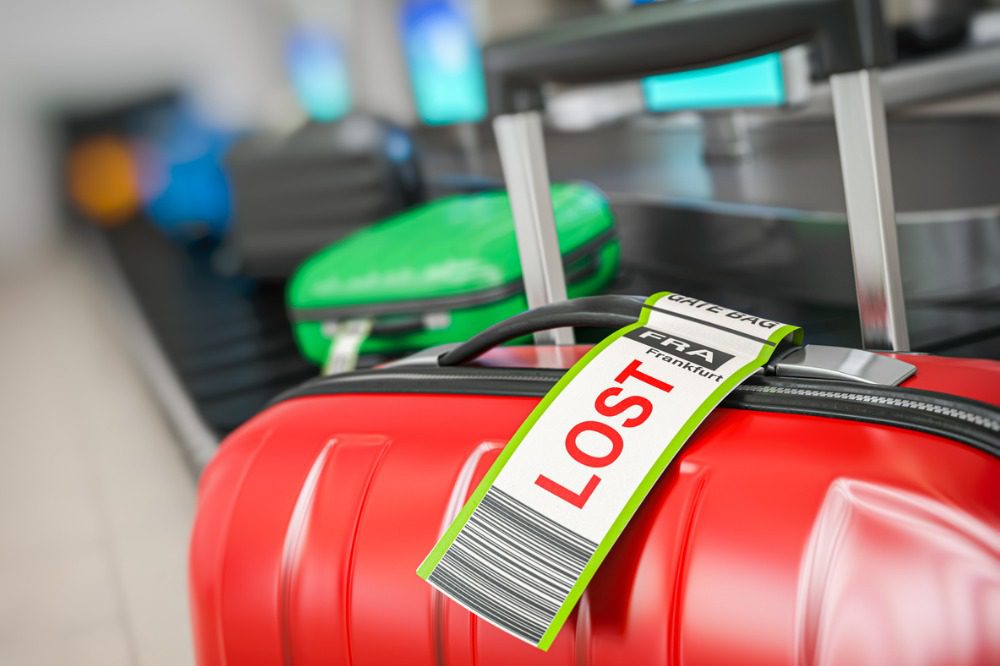Who’s the first person to complain to about lost baggage?

The ICNZ said that airlines were bound by the Montreal Convention, an international agreement that gave every traveller the right to seek compensation from the airline when their bags fail to turn up after a flight in time or at all.
Better airlines will have their claim forms and procedures already posted on their websites, ICNZ said.
It was only once the airline responded to the traveller’s complaint about their delayed or lost baggage that travel insurance kicked in. If the traveller failed to receive the total amount they sought from the airline, they could make a claim for the difference with the insurer.
The ICNZ reminded travellers that the insurance claim should include all receipts and proof of payment of lost items, plus relevant documents from the airline, including a detailed account of what it had and had not covered.
“Travel insurers that are members of ICNZ have seen an enormous increase in claims for delayed bags,” said ICNZ consumer affairs manager Sarah Knox. “This is not just an issue affecting those landing at airports in Aotearoa New Zealand or particular airlines; it’s affecting all carriers and airports across the world.”
The ICNZ’s statement followed the surge of publicity on the issue of lost baggage triggered by National MP Shane Reti’s tweet picturing the Auckland international arrivals hall last December, where he noted “stacked baggage from many flights” hogging most of the space.
Auckland international arrivals hall last night. Stacked baggage from many flights. Maybe there is a reasonable place for baggage trackers pic.twitter.com/R0SU2VYKat
— Dr Shane Reti (@DrShaneRetiMP) December 26, 2022
Realizing how much of an issue lost baggage had become, Reti made a statement that travel insurers should work faster to pay out the claims of affected travellers.
But Knox pointed out: “In the first instance, the airline is responsible for the initial reimbursement of the costs incurred as a result of delayed or lost bags. It’s after that travel insurance comes into play.”
While the ICNZ’s press release also included useful tips for travellers, such as to take a picture of their bags and to have a separate bag tag per luggage that included their phone number and international dialling code, simply knowing what their options were the minute they realized their bags were missing could prove to be the the help travellers needed.
“Knowing there are conventions in place to allow you to quickly replace lost items – and to apply for a top up if necessary from your travel insurer – should help reduce frustration if bags are lost or delayed,” Knox said.





